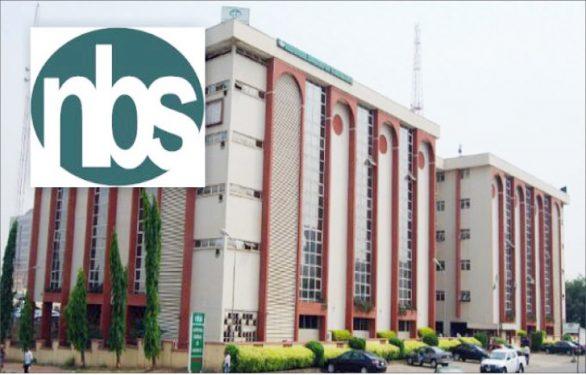
The National Bureau of Statistics (NBS) has introduced significant improvements to its Consumer Price Index (CPI) reporting, including the launch of new special indices to offer a clearer picture of Nigeria’s inflationary landscape.
According to the Statistician-General of the Federation, Adeyemi Adeniran, the reforms mark a pivotal step in providing more granular data to policymakers and better reflecting the current economic pressures.
These changes come ahead of the Central Bank of Nigeria’s (CBN) Monetary Policy Committee (MPC) meeting, set to start Wednesday.
The MPC will review the nation’s monetary policy and make decisions on interest rates, with high inflation, rising borrowing costs, and the stability of the naira expected to dominate discussions.
The new CPI indices include specialized categories such as Farm Produce Index (10.50%), Energy Index (8.9%), Services (10.41%), Goods (10.79%), and Imported Food (11.47%), all reflecting January 2025 data.
While these are not year-on-year figures, the new indices are designed to offer more precise insight into the current inflationary trends, moving away from outdated references that no longer align with current consumer spending patterns.
Adeniran emphasized the quality of the NBS’s data, stating that Nigeria’s CPI methodology has been upgraded to international standards, positioning it among the best in Africa and globally.
He highlighted that the special indices and rebased CPI offer a more accurate reflection of Nigeria’s present economic realities, helping decision-makers make better-informed policy choices.
The rebasing of the CPI, a process that revises the base year and updates the basket of goods used to measure inflation, has already led to a notable decline in the headline inflation rate from 34.8% in December to 24.48% in January.
However, the Lagos Chamber of Commerce and Industry (LCCI) pointed out that the drop was largely due to the rebasing, rather than a true reduction in prices.
They noted that the adjustment in the CPI base year from 2009 to 2024 and changes to the classification method (COICOP) better reflect modern consumer spending.
Food inflation, a major concern for many Nigerians, decreased from 39.84% year-on-year in December to 26.08% in January, according to the rebased figures. Similarly, the core inflation, which excludes volatile agricultural and energy prices, saw a drop from 29.28% to 22.59% during the same period.
Urban inflation also dropped sharply from 37.29% to 26.09%, while rural inflation decreased from 32.47% to 22.15%. Adeniran clarified that even under the old methodology, inflation in January would have shown a decline.
However, the rebasing process allowed the NBS to introduce significant improvements, ensuring that the CPI more accurately measures price changes.
Key enhancements in the rebasing process include the adoption of the latest COICOP 2018 classification, the exclusion of non-monetary items like imputed rents and gifted goods from the aggregate computation, and the proper categorization of expenditures like meals outside the home.
These changes ensure that the CPI methodology aligns with global best practices, better reflecting the actual monetary expenditure of Nigerian households.
The introduction of these special indices and the improved CPI methodology are expected to enhance Nigeria’s economic policy-making, providing clearer insights into inflation trends and helping policymakers, including the CBN, navigate the country through challenging economic times.





